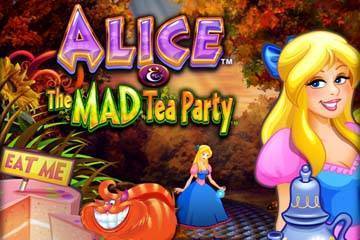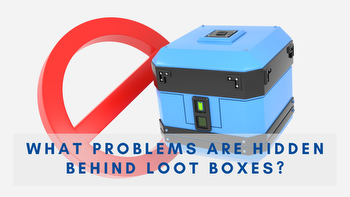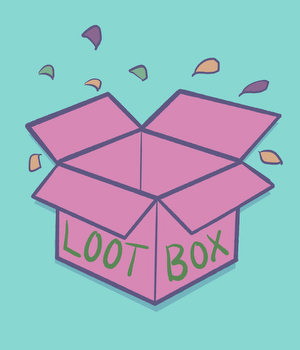'Like mini-casinos': Australia urged to act on video games compared to gambling

A growing number of countries are cracking down on video games that researchers fear allow children to gamble. Australia isn’t one of them.
Japan, China, the Netherlands, Germany and Belgium have all taken some form of action against so-called video game “loot boxes”, while Brazil recently launched an inquiry that proposes completely banning them.
Loot boxes are virtual prizes that can be purchased in some games as a reward. Like gambling, there is no guarantee the player will win.
Claire Murdoch, the mental health director of the UK’s National Health Service, warned last year that loot boxes could lead children towards gambling addiction.
“Frankly no company should be setting kids up for addiction by teaching them to gamble on the content of these loot boxes,” she said.
University of Tasmania researcher Jim Sauer – himself a confessed gamer – said Australia’s response to the issue had been, so far, to shrug its shoulders.
“Around the world the response has varied,” he told Dateline.
“Some countries have tried to ban loot boxes, others have provided more consumer information, while Australia has pretty much said - it doesn't really seem to be an issue.”
Dr Sauer said one of the main concerns with loot boxes was their accessibility to young gamers.
“We looked at the major games that were released with loot boxes, and we looked at how many of those met the psychological criteria to be considered gambling,” he said.
“We looked at 22 games in a two-year period, and nearly half of them met all five criteria to be considered gambling.
“All were in games that were available to kids.”
Dr Sauer stressed there was a lack of evidence around the possible long-term harm of children being exposed to video game loot boxes.
A disproportionate amount of the revenue poured into loot boxes seemed to come from people with a predisposition to problem gambling, Dr Sauer said.
“It's still too early to say what the long-term consequence of engaging with these are, but there is speculation it's linked to future gambling,” he said.
“We don't know that and can't say that, but it's been bandied around.”
Independent federal MP Andrew Wilkie is planning to introduce new laws that would require games with loot boxes to carry an R18 rating.
Child psychiatrist Dr Huu Kim Le, who specialises in gaming disorders, said loot boxes functioned like “mini-casinos”.
“Our government argues that loot boxes don't equate to gambling, because you can't cash out the items for money,” he told Dateline.
“But I’ve had some children explain to me how they can get around this to sell these items online. It’s like a mini-casino”.
While evidence is limited, some studies have also suggested a relationship between gaming disorders - sometimes called video game addiction - and gamers’ engagement with loot boxes.
The World Health Organization in 2019 recognised Gaming Disorder within the International Classification of Diseases.
Gaming disorder is typified by impaired control over gaming, increasingly prioritising gaming over other hobbies and daily activities, and continued gaming despite the occurrence of negative consequences.
Gaming during lockdown
Dr Kim Le said he suspected children and young adults were increasingly turning to gaming to cope with the stress of the coronavirus pandemic.
“I see kids via telehealth all over Australia.
“The kids who have lost all their community groups - they have suffered a lot. It just goes to show how important those connections are. And when you lose that, it can be quite unsettling.
“The trauma of COVID can bring about coping mechanisms, and video games are one of those things.”
Andrew Kinch founded Australia's Game Aware organisation to help gamers find the balance between a normal life and healthy gaming habits.
He said the most important thing when thinking about bad gaming habits was a person’s motivation.
“If someone finds it too difficult to meet their needs in the real world, they turn to the virtual world,” he told Dateline.
“Pathological gaming is because they can't meet these needs.
“In the holiday program that I recently did - a lot of the kids there were lacking in confidence were trying to fulfil themselves in-game.”
These factors could then be made worse by compulsive game design, Mr Kinch said.
“The final piece of the puzzle is game design.
“All these games sit on a continuum between engaging and compulsive mechanics. Some game mechanics, where people get hooked into these loops, are just rubbish.”
Watch Korea’s Online Gaming Addicts at 9.30pm on SBS, and later on SBS On Demand






































